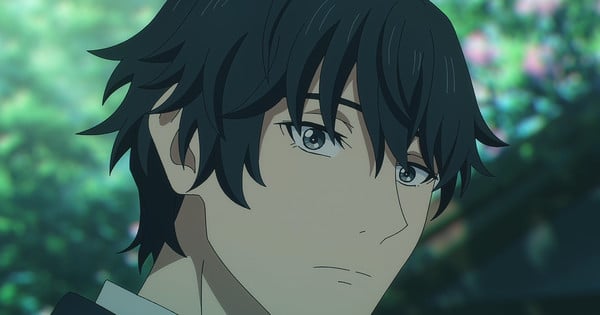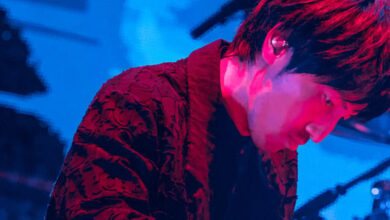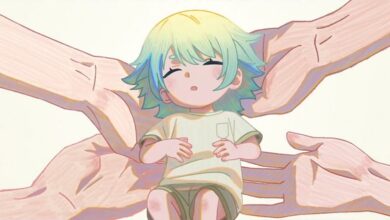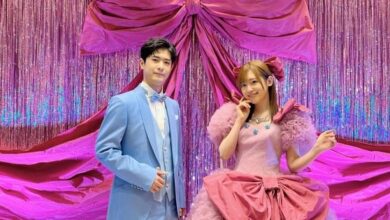Episode 24 – Sword of the Demon Hunter

©Nakanishi Motoo/Futabasha, “Onijin Gentosho” Production Committee
We may be over Demon Hunter’s Sword In anime; as of writing, there is no sentence to continue. As a “normal” plot, this is passable, but thin and convincing in the show’s own words. As a series of endings, it has almost nothing. Remember all the settings two episodes ago with The Demon Sisters and Sujien Returns? Here they only glanced at it, which means that if you want to know what happens between Suzune and Jinta, you might have to go through Moto’o Nakanishi.
At least the series offers us a cheesy flashback montage. Instead, the opening episode has several neat callbacks as Jinya recalls how he and his sister were saved from the wilderness. It was later revealed that the middle-aged woman raising the shrine in the Fox Mirror shrine was actually Jinya’s childhood playmate Chitose. This itself is a reminder that Jinya’s Kadono’s post-Kadon adventure lasted nearly three decades, excluding the flash until 2009.
Much of this episode was spent on Kaoru’s already rather annoying measure in the 1870s. We are asked to believe that a normal girl in the twenty-first century can immediately fall into a moment of love for the past within a few days! – She longs to be there forever. If Kaoru was a character who was obsessed with the Meiji era, and knowledge about the encyclopedia that life brought, perhaps We can buy it. But otherwise, this is nonsense. Did Kaoru have a small problem with the pipeline and sanitation of the 1870s, the level of medical provision, and the chances of life for young women (which disappeared very little) and friends and family who never saw her again? besides, Inuyasha It feels like tough historical realism.
OK, so maybe I underestimate the impulsive teenage girl who might think of the future when she was shot. We may also guess that maybe she was so obsessed with Jinya that everyone else she knew lost the irrelevant people. Even so, this stupid sentiment is a fragile foundation for a story.
There is little else to say about this episode, which is animated at best – in the speech between Jinya and Chiyo/Chitose, some of the paintings are embarrassing. There are also more summer festivals that can be made up at two summer festivals over two centuries – why not interweave them together to depict Jinya’s memory? We heard that Jinya finally learned to be happy in 2009, despite presumably losing Nomari, almost everyone else cared about this during this period. However, his comfort was because he met a sleepy twenty-one girls again? Give us some rest.
I will end with a more generous note. It wasn’t until the end of the series that I found it interesting and often touched, even if it never returned to the dramatic height of episode one. It usually feels strongest when it depicts benevolence mixed with magic, like OFU’s backstory (saved by mortals who desire to age in another world) and Nomari (saved by the spirit of pretending to hate children). I found the last four episodes to be a sad decline, but I mostly enjoyed the time with Jinya. Farewell, Demon Swordhunter, I hope you finally solve your family problems.
grade:
Demon Hunter’s Sword Currently flowing
Hidive.




